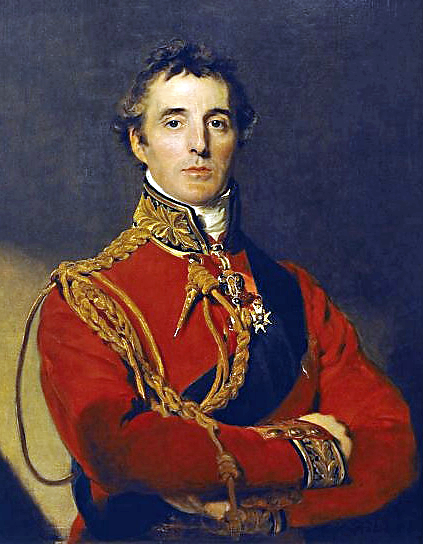All things being equal, if Alison Redford’s party had merely emerged from the April 23 Alberta election with 61 seats and Danielle Smith’s with 17, plenty of Progressive Conservatives would be calling for the premier’s head and the Wildrose leader would have been hailed as the toast of the town.
In other words, before the campaign had run its course, for many Tories anything less than 72 seats the party won in 2008 would have been seen as failure, and for many Wildrosers, since the campaign went the way it did, anything less than the majority they expected is bound to be.
But all things are not equal. So it will be Premier Redford who goes down in history as chicken salad, and the new Leader of the Opposition who is likely to be remembered as something else that comes from chickens!
The reason: by happenstance or design, Ms. Redford turns out to have managed expectations far better than Ms. Smith.
I hate to admit it, but there is some truth to what Wildrose partisans are now defensively mumbling in the light of their mornings after their nights before: Taking a fringe party populated by enough nuts to cook a fruitcake, and not many more, and turning it in a couple of years into a powerful electoral machine that could not only become the Official Opposition but actually challenge the province’s Natural Governing Party was a truly remarkable achievement.
Which is why, had the Wildrose Party merely gone directly from Point A to Point B we would all be singing the praises of Ms. Smith and her political skills.
Alas for Ms. Smith, the Wildrose Party made some other stops along the way, and that was where the inappropriately located wheels began to come off her bus.
For three years, the media has been unable to resist telling the story of the little upstart party that was certain to knock off the long-governing PCs. They had us all going for a while there, even some of us who should have known better because of our initial skepticism about this narrative.
Mainstream media told the story this way because they are storytellers who naturally love the inherent drama of a horserace. They also told it because they wanted it to be true. After all, the people who pay them wanted more of the market fundamentalism that is the Wildrose Party’s real raison d’etre and they were willing to put up with a little Lake of Fire sermonizing to get it.
Then there were those polls — some of which were mistaken and some of which, it is said here, were intended to mislead. Someone with resources and determination needs to look seriously at this story, and until we have some answers the rest of us are justified in our low opinion of all pollsters.
But all of this left Ms. Smith and her party with an expectations-management problem. Instead of congratulating them for their achievement, we’re either laughing at them or, if we happen to be supporters, crying in our soup.
Worse, from Ms. Smith’s point of view, her caucus is not only much smaller than expected, it’s made up of people who just hours ago were congratulating themselves for their own brilliance and mentally redecorating their new ministerial offices. Most of them are not going to be very good in opposition, and they will be about as easy to keep in line as the proverbial herd of cats.
In light of their triumphalism a week earlier, the Wildrose tributes to their own accomplishment — which was real enough — just sound pathetic. The chances of that accomplishment amounting to something after a period in opposition are considerably reduced.
Meanwhile, if Ms. Redford had merely gone from her Point A (which was former Premier Ed Stelmach’s 66 seats upon dissolution, not to mention the memory of the 72 he won in the March 3, 2008, election) to 61 seats four years later, many PC loyalists would have demanded her head on a platter.
This too would have been an injustice since Ms. Redford faced something Mr. Selmach did not — a well-financed opposition genetically engineered to cannibalize her own party’s support base. But human nature being what it is and long-successful political parties being what they are, such a reaction would have been inevitable.
But after an election campaign that was — as the Duke of Wellington said of the Battle of Waterloo — “the nearest run thing you ever saw in your life,” well, she looks pretty darned heroic!
Both of leaders committed blunders during this campaign. But Ms. Redford’s early indecisiveness and the strangely disengaged drift of the first three quarters of her campaign cannot hold a candle to Ms. Smith’s failure to deal with and denounce the racist and homophobic comments of two of her candidates.
Still, under the circumstances, a case could be made it’s Ms. Redford that deserves the talking to and Ms. Smith that ought to have the gold star. But who said political life was fair?
Right before our eyes we have seen a big victory became an epic fail, and the opposite, at precisely the same time.
If nothing else, it goes to prove once again that Harold Wilson, twice prime minister of the United Kingdom, got it right when he so famously observed, “a week is a long time in politics.”
This post also appears on David Climenhaga’s blog, Alberta Diary.



